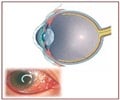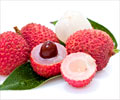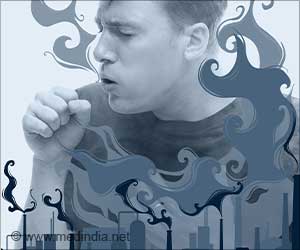An investigation of a mysterious annual epidemic in northern India in which thousands of young children suffer convulsions and die has concluded that a toxin found in litchi fruit might be the cause.

The special investigators are testing a variety of possible poisons as catalysts for the malady, including pesticides and heavy metals. But the region is India’s litchi center, and the epidemic occurs every year just as the fruit ripen. So a toxin found in litchi seeds has become a focus of further testing, Dr. Srikantiah, a senior epidemiologist with the American agency, said on Thursday.
The affected children begin arriving every year in mid-May, brought to overburdened hospitals in one of India’s most impoverished areas by panic-stricken mothers who generally report that their young children, healthy just hours before, awoke with a scream in the middle of the night, suffered convulsions and then became unconscious.
Although public health statistics are often unreliable in India, the mysterious illness is believed to afflict tens of thousands of people a year and kill thousands. The first reports of the disease date to 1995, when nearly 1,000 children were sickened and 300 died in the three hospitals in Muzaffarpur in Bihar State. Smaller epidemics have followed almost every year since, and similar outbreaks have been reported in litchi-growing regions of Bangladesh and Vietnam.
Doctors work to calm the convulsions and keep the stricken children hydrated, but they then have to watch helplessly along with the anguished parents as a third of their young patients die, often within hours. Then, as suddenly as it started, the outbreak stops with the onset of the monsoon rains in July.
 MEDINDIA
MEDINDIA



 Email
Email






